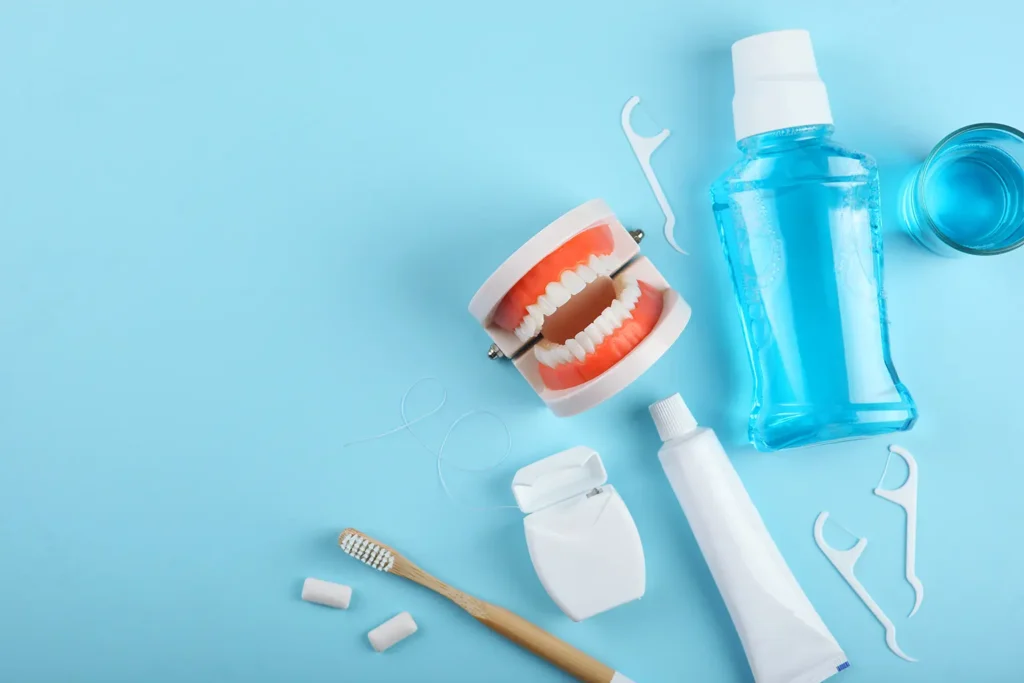
Oral hygiene is more than just maintaining a bright, white smile. It is a fundamental aspect of overall health and well-being. Your mouth serves as the entry point to your digestive and respiratory systems, making oral health crucial for your overall health. Proper oral care can prevent a multitude of oral diseases, including cavities, gum disease, and oral cancer. Conversely, neglecting oral health can lead to debilitating pain, discomfort, and a decline in quality of life. In this article, we will explore what oral hygiene is, why it is important, and how to build healthy habits to avoid oral diseases.
What is Oral Hygiene?
Oral hygiene refers to the practice of keeping the mouth clean and free of disease-causing bacteria. This involves regular brushing and flossing to remove food particles and dental plaque from the teeth and gums. Good oral hygiene also includes routine dental check-ups and cleanings, as well as making healthy lifestyle choices to support overall oral health.
Maintaining proper oral hygiene is essential for preventing common dental problems such as cavities, gum disease, and bad breath. It also plays a vital role in avoiding more serious health issues, such as infections that can spread from the mouth to other parts of the body.
Why is Oral Hygiene Important?
The importance of oral hygiene extends beyond having a beautiful smile. Here are several key reasons why maintaining good oral hygiene is essential:
Prevention of Oral Diseases
Good oral hygiene practices help prevent the development of oral diseases. Here are some common oral health issues that can be avoided with proper care:
- Cavities (Dental Caries): Cavities are caused by the accumulation of dental plaque, a sticky film of bacteria that forms on the teeth. When plaque is not removed through regular brushing and flossing, it produces acids that can erode tooth enamel, leading to cavities. Untreated cavities can cause severe toothache, infection, and even tooth loss.
- Gum Disease (Periodontitis): Gum disease is an infection of the tissues that surround and support your teeth. It is a major cause of tooth loss in adults. Symptoms of gum disease include swollen, bleeding gums, bad breath, and tooth mobility. If left untreated, it can progress to more severe stages and increase the risk of other health conditions such as heart disease and diabetes.
- Oral Cancer: Oral cancer can develop in any part of the mouth, including the lips, tongue, and throat. Regular dental check-ups are crucial for early detection and successful treatment of oral cancer. Dentists can perform screenings during routine visits to identify any abnormal growths or lesions.
Overall Health and Well-Being
Maintaining good oral hygiene is closely linked to overall health. Poor oral health can contribute to various systemic health issues, including:
- Heart Disease: Research has shown a connection between gum disease and heart disease. The inflammation and bacteria associated with gum disease can increase the risk of heart disease and stroke.
- Diabetes: Individuals with diabetes are more prone to gum disease, and severe gum disease can negatively affect blood sugar control. Managing oral health is essential for people with diabetes to help maintain stable blood sugar levels.
- Respiratory Infections: Bacteria from the mouth can be inhaled into the lungs, leading to respiratory infections such as pneumonia. Good oral hygiene practices can reduce the risk of these infections.

How to Build Healthy Oral Hygiene Habits
Building healthy oral hygiene habits is essential for preventing oral diseases and maintaining overall health. Here are some tips on how to develop and maintain good oral hygiene practices:
Brush and Floss Regularly
Brushing and flossing are the cornerstones of good oral hygiene. Here’s how to do it effectively:
- Brush Your Teeth: Brush your teeth at least twice a day, using a fluoride toothpaste. Ensure you brush all surfaces of your teeth, including the front, back, and chewing surfaces. Use a toothbrush with soft bristles to avoid damaging your gums. Electric toothbrushes can be more effective in removing plaque than manual ones.
- Floss Daily: Flossing removes food particles and plaque from between your teeth and along the gumline, areas that a toothbrush cannot reach. Use dental floss or interdental brushes to clean between your teeth daily.
Visit Your Dentist Regularly
Regular dental check-ups are essential for maintaining good oral health. At Legacy Smiles, Dr. Kolten Astle can detect and treat oral health issues early, preventing them from becoming more serious. Here’s what to expect during a dental visit:
- Professional Cleanings: Dental cleanings remove plaque and tartar buildup that cannot be removed by regular brushing and flossing. Professional cleanings help prevent cavities and gum disease.
- Examinations: Regular dental exams include checking for cavities, gum disease, and signs of oral cancer. X-rays may be taken to identify issues that are not visible during a visual exam.
- Oral Cancer Screenings: Early detection of oral cancer increases the chances of successful treatment. Dentists can perform screenings during routine check-ups.
Monitor Your Eating Habits
A healthy diet plays a significant role in maintaining good oral health. Here are some dietary tips to support oral hygiene:
- Limit Sugary and Acidic Foods: Sugary and acidic foods and beverages can promote tooth decay and erode tooth enamel. Limit your intake of sweets, sodas, and fruit juices.
- Eat a Balanced Diet: A diet rich in fruits, vegetables, lean proteins, and whole grains provides essential nutrients for healthy teeth and gums. Foods high in calcium and phosphorus, such as dairy products and nuts, help strengthen tooth enamel.
Avoid Smoking and Tobacco Products
Smoking and the use of tobacco products increase the risk of oral cancer, gum disease, and tooth loss. Quitting smoking is one of the best things you can do for your oral and overall health. Seek support from healthcare professionals or smoking cessation programs to help you quit.
Safeguard Your Teeth
Protecting your teeth from injury and wear is an important aspect of oral hygiene. Here are some tips:
- Wear a Mouthguard: If you participate in contact sports, wearing a mouthguard can protect your teeth from injury. Custom-fitted mouthguards offer the best protection.
- Use a Nightguard: If you grind your teeth at night (a condition known as bruxism), wearing a nightguard can prevent tooth damage and reduce jaw pain.
Stay Hydrated
Drinking water throughout the day helps rinse away food particles and bacteria that can cause cavities and bad breath. Staying hydrated also supports healthy saliva production, which is essential for neutralizing acids and maintaining oral health.
Manage Stress
Stress can negatively impact oral health, leading to conditions such as bruxism and gum disease. Managing stress through activities like exercise, meditation, and hobbies can improve both your oral and overall health.
Conclusion
Good oral hygiene is essential for maintaining overall health and well-being. Understanding what oral hygiene is and why it is important can help you build healthy habits to prevent oral diseases. By practicing regular brushing and flossing, visiting your dentist, eating a balanced diet, avoiding tobacco products, protecting your teeth, staying hydrated, and managing stress, you can ensure your smile remains healthy and beautiful.
At Legacy Smiles, we are committed to helping you achieve and maintain optimal oral health. Regular dental check-ups and professional cleanings are crucial for preventing oral health issues and ensuring early detection and treatment. If you have concerns about your oral hygiene or need guidance on building healthy habits, Dr. Kolten Astle and our experienced team is here to help. Schedule your appointment today and take the first step towards a healthier smile.

